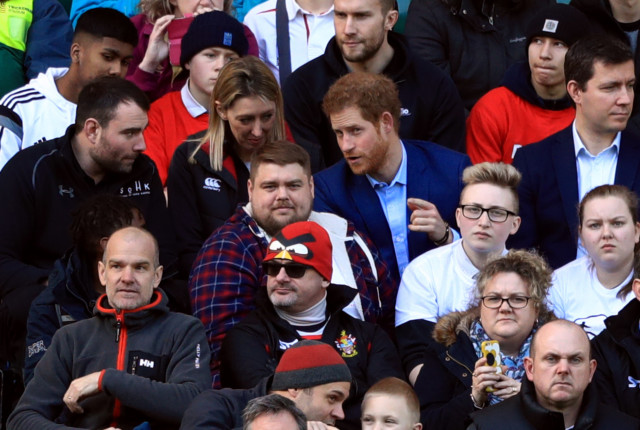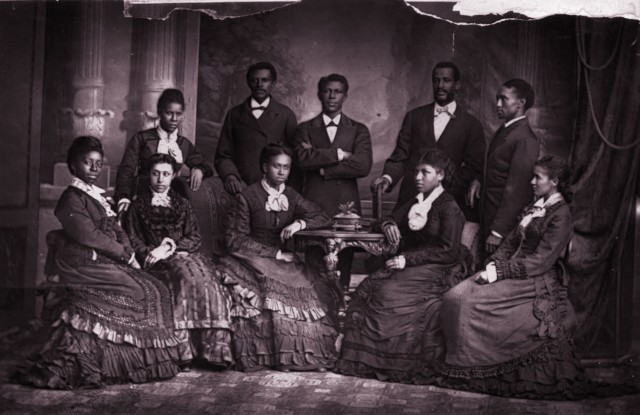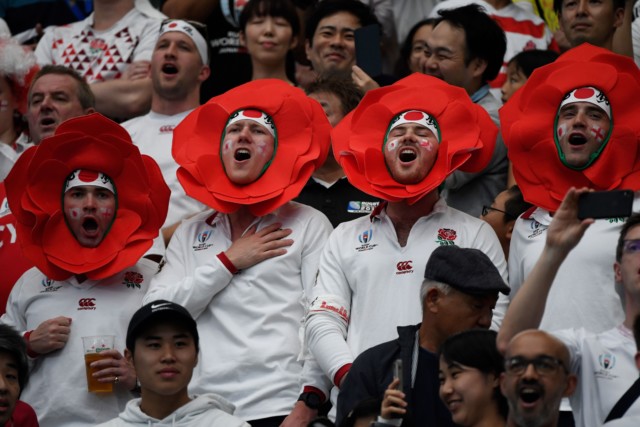PRINCE Harry has backed a move by rugby bosses to kick out the song Swing Low, Sweet Chariot because of its association with slavery.
The Duke said he supported the Rugby Football Union s (RFU) review into the 19th-century African-American song in light of the Black Lives Matter movement.

The RFU said it wanted to educate fans who did not know the song’s “origins or sensitivities” so they could make an “informed decision”.
It said: “We need to do more to achieve diversity and we are determined to accelerate change and grow awareness.”
Written by Wallace Willis, a freed Oklahoma slave, the lyrics of Swing Low, Sweet Chariot are said to refer to the conditions slaves were forced to endure, and the hope of better times to come.
It was first sung at Twickenham rugby stadium in southwest London in 1987 for Martin Offiah.
He was an England player of Nigerian descent, who was nicknamed “Chariots” for his speed.
A spokesman for the duke said: “The duke is supportive of the comments that the RFU made this week regarding the review and he will follow the lead of the RFU on the matter.” While a ban on the song is likely to be difficult to enforce, the RFU is expected to strongly discourage supporters from singing it.
The Duke and Duchess of Sussex, who stepped back from royal duties earlier this year and are based in Los Angeles, have been in contact with Black Lives Matter leaders.
They and are expected to become increasingly involved in the movement.
Earlier this month, the duchess recorded an emotional message for graduates of her former school in Los Angeles, following the death of George Floyd.
She said: “I know that you know that black lives matter.”











